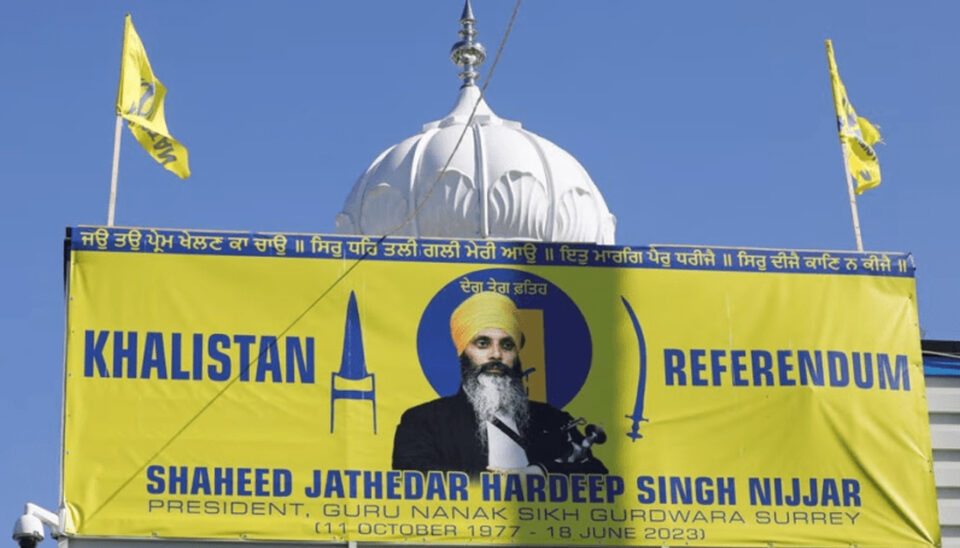Sikh activist Hardeep Singh Nijjar, whose murder in June 2023 near his Vancouver home led to a diplomatic dispute between India and Canada, was a long-time advocate for a separate Sikh homeland.
At the time of his death at 45, Nijjar was the president of a Sikh temple in Surrey, British Columbia. He was killed by masked gunmen outside the temple, after being wanted by Indian authorities for alleged terrorism and conspiracy to commit murder—accusations he consistently denied. India has dismissed claims of involvement in his assassination as “absurd.”
Born in 1977 in India’s Punjab region, Nijjar grew up during a violent insurgency where extremists sought to establish a Sikh nation known as Khalistan. Punjab remains the spiritual center of the Sikh community, with about 60% of its population practicing the faith.
Nijjar moved to Canada in 1997 at the age of 20, where he became a Canadian citizen in 2015 and ran a plumbing business. He was also deeply involved in Sikh activism, including organizing referendums in Canada to gauge support for the Khalistan movement.
India accused Nijjar of sponsoring violent attacks in India and linked him to a 2007 bombing in Punjab that killed six people and injured 42 others. He was designated as a “terrorist” by India, with a reward offered for his capture.
India has long expressed concerns about the activities of Sikh separatists in foreign countries, including Canada, accusing them of attempting to reignite the insurgency in Punjab. In 2018, during a visit to Punjab, Canadian Prime Minister Justin Trudeau was urged by the state’s chief minister to take action against Nijjar and other separatist leaders.
Nijjar had reportedly been warned by Canadian intelligence services about threats to his life. After his death, members of Canada’s Sikh community accused India of orchestrating the killing. In September 2023, Trudeau stated in parliament that his government had “credible allegations” linking Indian agents to Nijjar’s murder.
This revelation intensified tensions between India and Canada, resulting in the expulsion of diplomats from both countries. The diplomatic fallout underscores the long-standing friction over the Khalistan issue and its impact on international relations.

